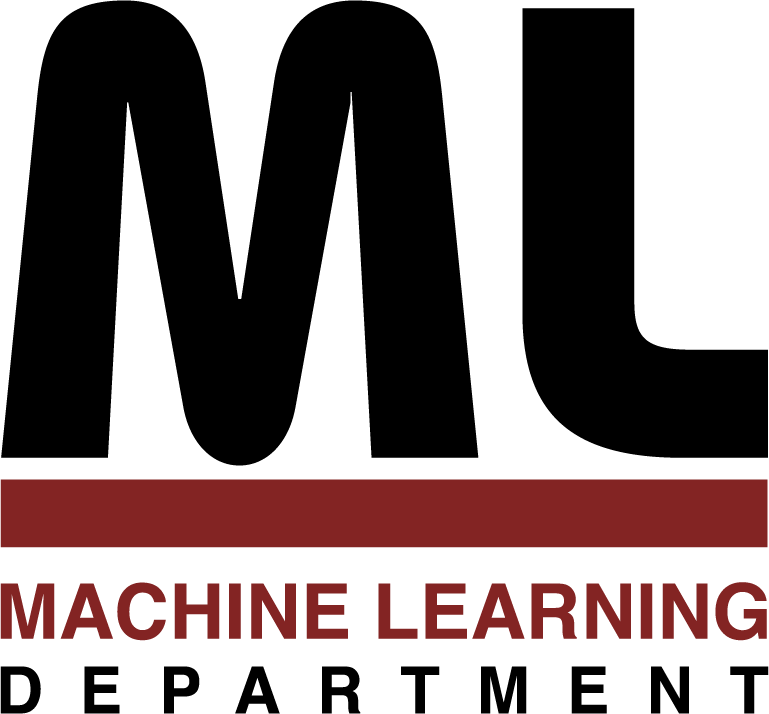
Machine Learning Department
School of Computer Science, Carnegie Mellon University
A Nonparametric Bayesian Approach for
Haplotype Reconstruction from
Single and Multi-Population Data
Eric P. Xing, Kyung-Ah Sohn
April 2007
Uncovering the haplotypes of single nucleotide polymorphisms and their
population demography is essential for many biological and medical
applications. Methods for haplotype inference developed thus
far–including those based on approximate coalescence,
finite mixtures, and maximal parsimony–often bypass
issues such as unknown complexity of haplotype-space and demographic
structures underlying multi-population genotype data. In this paper,
we propose a new class of haplotype inference models based on a
nonparametric Bayesian formalism built on the Dirichlet process, which
represents a tractable surrogate to the coalescent process underlying
population haplotypes and offers a well-founded statistical framework
to tackle the aforementioned issues. Our proposed model, known as a
hierarchical Dirichlet process
mixture, is exchangeable, unbounded, and capable of coupling demographic
information of different populations for posterior inference of individual
haplotypes, the size and configuration of haplotype ancestor pools, and
other parameters of interest given genotype data. The resulting haplotype
inference program, Haploi, is readily applicable to genotype
sequences with thousands of SNPs, at a time-cost often two-orders of
magnitude less than that of the state-of-the-art PHASE program, with
competitive and sometimes superior performance. Haploi also
significantly outperforms several other extant algorithms on both
simulated and realistic data.
35 pages
School of Computer Science homepage
This page maintained by [email protected]